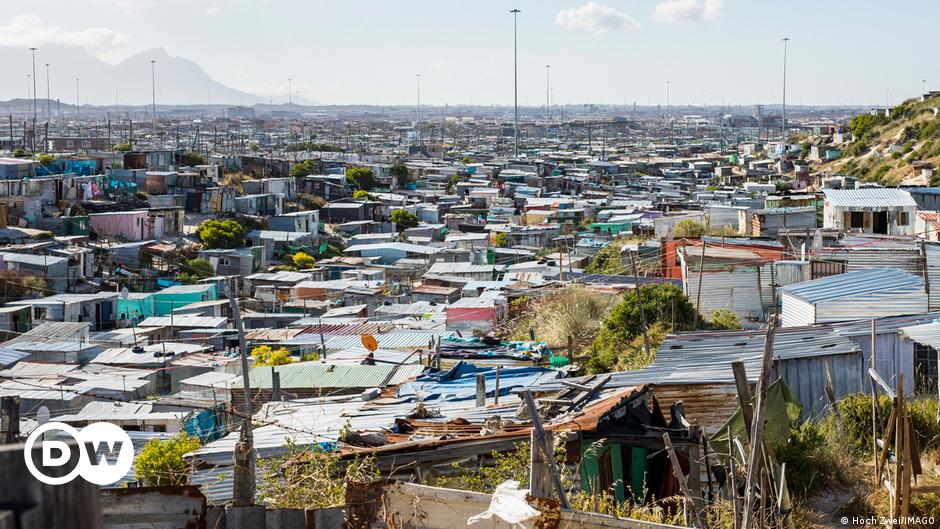Thirty years after the end of apartheid, South Africa is looking back on a democratic but deeply divided society. Political divisions have fueled a growing disappointment with Nelson Mandela’s liberation party, the ANC.
As a newly democratic country, South Africa got off to a euphoric start with its first free elections in 1994.
People queued up for hours to cast their votes, full of hope, optimism and joy. That positive spirit continued as Nelson Mandela was elected president after spending 27 years in prison.
The African National Congress (ANC), Mandela’s political party and former anti-apartheid movement, came into power, ending not only white minority rule but centuries of colonialist mentality. It’s still in power today.
However, looking back on the past 30 years, the assessment on the state of Mandela’s “rainbow nation” is sober: The economy in the Cape of Good Hope is ailing, society is still divided along racial lines and people feel their politicians don’t understand them.
Meanwhile, the gap between rich and poor has kept growing — despite the fact that the ANC made the issue a central concern when it came to power in 1994. Frustration over these shattered dreams runs deep.



This is the best summary I could come up with:
However, looking back on the past 30 years, the assessment on the state of Mandela’s “rainbow nation” is sober: The economy in the Cape of Good Hope is ailing, society is still divided along racial lines and people feel their politicians don’t understand them.
These dynamics have trickled down to affect everyone in the country, regardless of race or income: high unemployment, crime and poverty, as well as the rising cost of living, are among the chief issues that continue to plague South Africa.
In the upcoming May elections, in which President Cyril Ramaphosa is running for a second term, the party could fall below the 50% majority threshold for the first time, forcing it to enter a power-sharing arrangement with an opposition partner.
Under Zuma’s leadership, the neologism “tenderpreneurship” was coined, describing government contracts — tenders — being handed over to eager entrepreneurs who rarely even pretended not to have family or friendship ties to those in power.
Verne Harris, executive director of the Nelson Mandela Foundation, wondered “why we didn’t do better,” after the advent of democracy, questioning whether three decades are enough time to erase the trauma and the legacy of the long and profound processes of colonialism and apartheid.
“For this reason, South Africa is pushing for reforms in the UN Security Council, and is a member of the BRICS bloc, which claims to fight for fair rules and economic partnerships,” said Guilengue.
The original article contains 1,020 words, the summary contains 214 words. Saved 79%. I’m a bot and I’m open source!